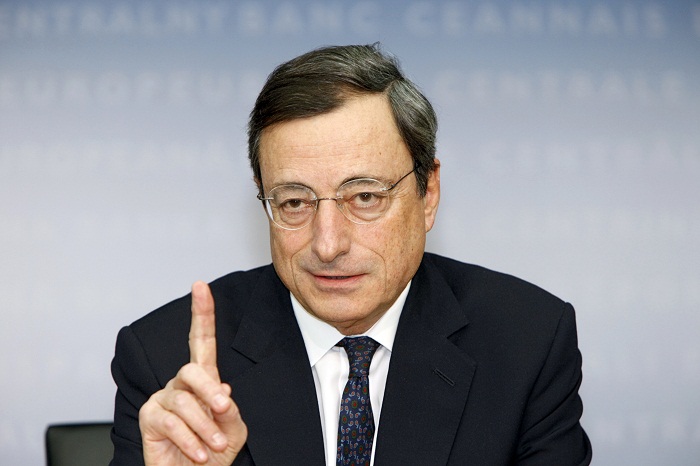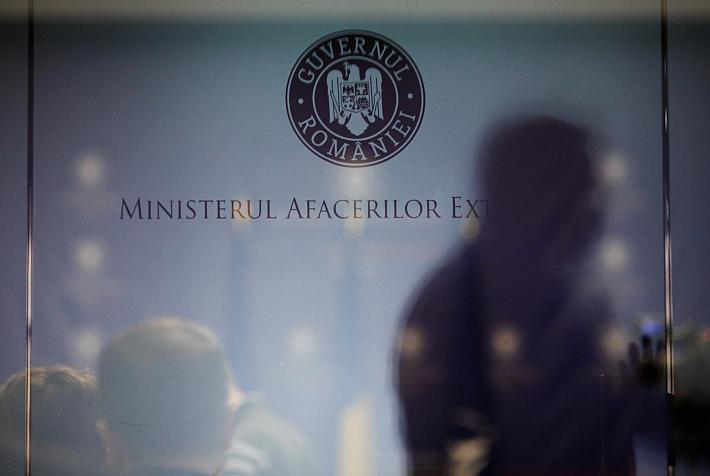ECB's Draghi: Europe's old social model dead, austerity must continue
 The European Central Bank (ECB) chief Mario Draghi believes the old European social model is dead. When talking to the Wall Street Journal, Draghi said, “The European social model has already gone when we see the youth unemployment rates prevailing in some countries. These reforms are necessary to increase employment, especially youth employment, and therefore expenditure and consumption.”
The European Central Bank (ECB) chief Mario Draghi believes the old European social model is dead. When talking to the Wall Street Journal, Draghi said, “The European social model has already gone when we see the youth unemployment rates prevailing in some countries. These reforms are necessary to increase employment, especially youth employment, and therefore expenditure and consumption.”
In the interview with the Wall Street Journal (WSJ), Draghi commented on austerity measures and structural reforms around Europe. Austerity has been widely questioned recently over its effect on growth, but the ECB chief believes there is no alternative to fiscal consolidation for Europe, and puts his backing firmly behind reform and austerity measures, despite the slow, or in cases, negative growth. “That’s why structural reforms are so important, because the short-term contraction will be succeeded by long-term sustainable growth only if these reforms are in place,” he said.
However, when asked by the WSJ about “good” and “bad” austerity, Draghi explained further, identifying two different strategies used to reduce deficits. “A 'good' consolidation is one where taxes are lower and the lower government expenditure is on infrastructures and other investments,” said Draghi, he contrasted this with easier, “bad” austerity, saying governments could, “produce good numbers by raising taxes and cutting capital expenditure, which is much easier to do than cutting current expenditure. That’s the easy way in a sense, but it’s not a good way. It depresses potential growth.”
Draghi was cautious over predicting the end of the debt crisis, only pointing out positive recent signs, “There is greater stability in financial markets. Many governments have taken decisions on both fiscal consolidation and structural reforms. We have a fiscal compact where the European governments are starting to release national sovereignty for the common intent of being together. The banking system seems less fragile than it was a year ago.”
Although he did not reveal much about future ECB policy, Mario Draghi was clear on austerity, stating and re-stating the necessity for Europe to implement structural reforms, reduce deficits and maintain spending targets. For Draghi at least, the old European social model may be dead, but austerity is not.
Read the full WSJ interview here.
Liam Lever, liam@romania-insider.com











